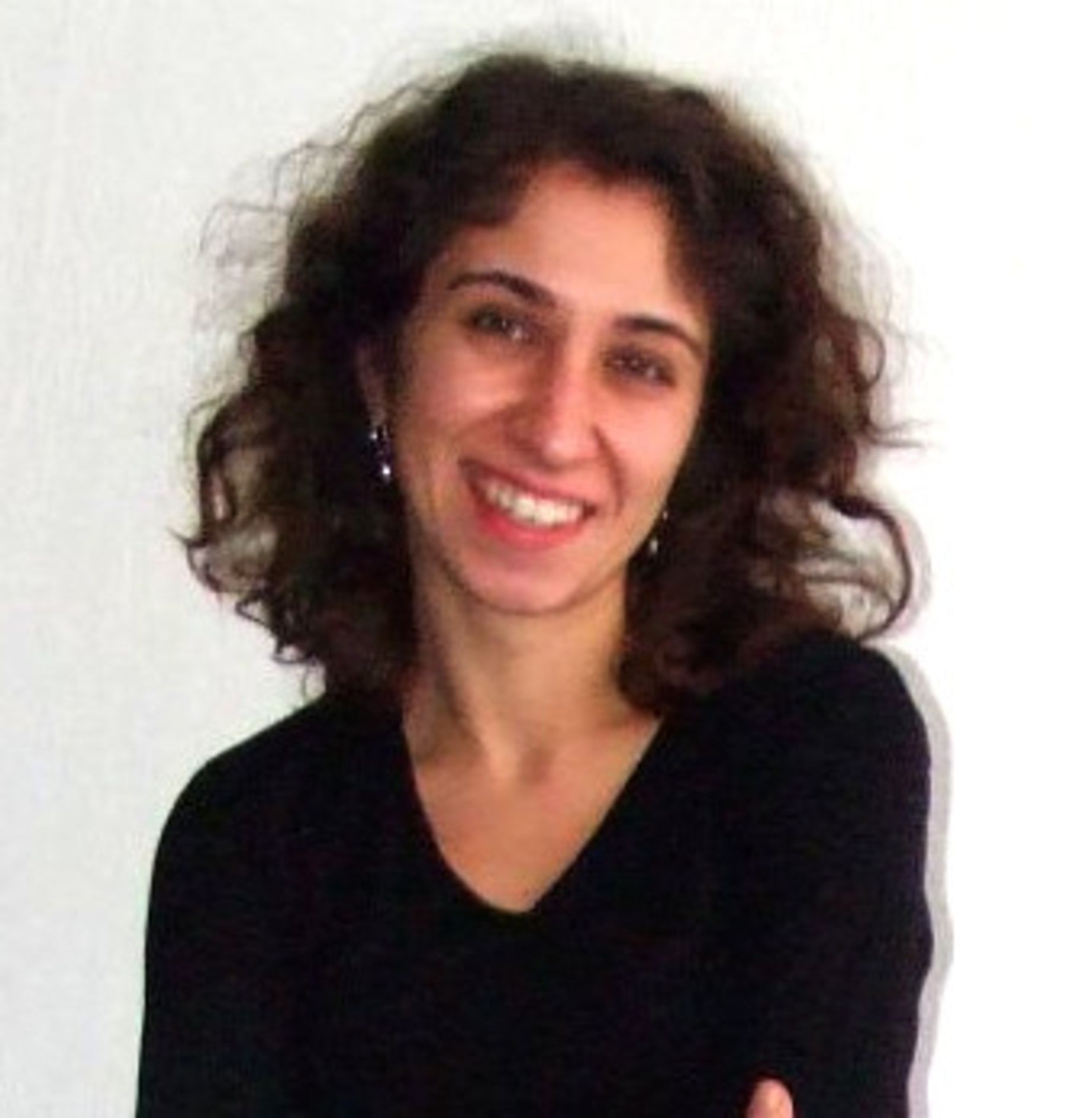2018/ 2019
The Making of Modern Syria: Sect, Land, Politics and Violence (1915–1946)
This study aims to investigate the governing of ethno-religious difference through exploring the management of the land issue in Syria under the French mandate and its aftereffects in the postcolonial period. “The land question” addresses a set of political, economic, ideological, judicial and cultural issues. Viewed in this way, the land issue is a question not only of economic history, but also of social history, implicating a redefinition in the relationship between land and the individual/community/nation. The practices and discourses surrounding the land issue are also formative in the making of modern state power and citizenship practices as well as in claims of sovereignty at all levels. The nature of the struggle over the use, revenue and distribution of land where the colonial agency is claimed to have played a marginal role leads to the second theme of this project: sectarianism, namely the governance of cultural (ethnic or religious) difference that often, but not always provided the political and social underpinnings of the contest over land. The field of ethno-religious difference, in the Syrian case, is one where the role of the colonial power is overrated and is primarily dominated by political and intellectual history accounts. One of the intentions of this project, then is to draw out how ideas about cultural difference (i.e. ethnic and religious identifications) have been bound up with political, economic, social and even epistemological projects of difference-making. This study, in particular, will focus on the socio-economic project of difference-making. It will hold a multi-sited archival research and delve into the debates on land dispute and settlement in three frontier regions with politically contested new settlements and mixed land tenure systems in French-Syria.
2017/ 2018
Governing Land and Politics of Difference in Syria (1920–1946)
This study intends to investigate the workings of colonial politics of difference and management of population through the governance of land and property in French-Syria. Seemingly a pure political-economic issue, the land question is intrinsically linked to the maintenance of political order and management of populations. It addresses a set of political, economic, judicial and social issues. Providing the political and social underpinnings of the nature of the contest over land and property is the field of ethno-religious difference. In the Syrian case, the field has been dominated by “primordialist” assumptions. However, ethnic and religious identifications are not fixed social categories; their significance is bound up with political, economic, social and even epistemological projects of difference-making on the imperial and national levels. This project will deal with the economic project of difference-making by investigating the politics of new settlements and mixed land tenure systems in the city of Homs, and in two multi-ethnic frontier regions in Syria during the French Mandate.


